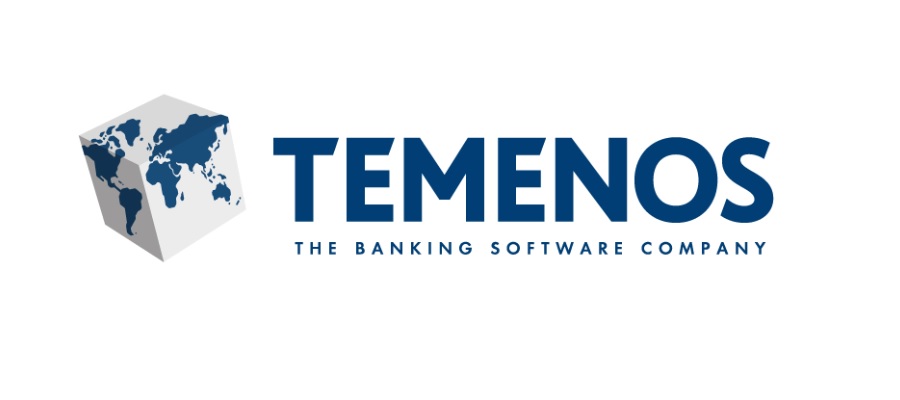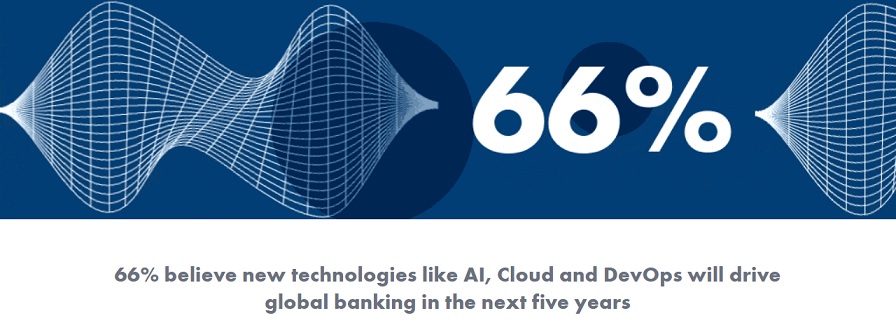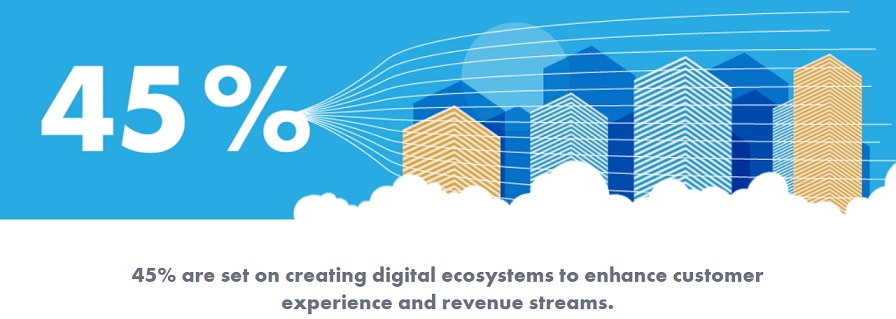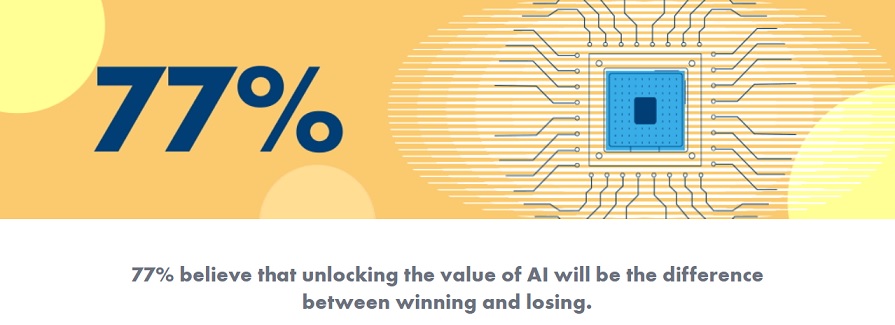
Two-thirds (66%) of banking executives say new technologies will continue to drive global banking in the next 5 years compared to 42% in 2019, according to a report released by the Economist Intelligence Unit. AI will separate winners from losers, say 77% of bankers surveyed during COVID-19.
This global, independent report, now in its seventh year, surveys over 300 senior banking executives, 49% of whom are C-suite.

Two-thirds of banking executives believe that new technologies such as AI, machine learning will continue to have the greatest impact on the global banking sector in the next five years, according to a global survey conducted by the Economist Intelligence Unit (EIU) on behalf of Temenos, the banking software company.
The new report “Forging new frontiers: advanced technologies will revolutionize banking” highlights that COVID-19 is likely to accelerate the digital transformation of banks, which already face intense competition from payment players, Big Tech and e-commerce firms.

With COVID-19 accelerating the digitization of banking, 45% of banking respondents say their strategic response is to build a ‘true digital ecosystem’ and integrate their self-built digital services and third-party offerings. AI will undoubtedly play a key role in accelerating this digital shift. Over three-quarters (77%) of respondents agree that unlocking value from Artificial Intelligence (AI) will be a key differentiator between winning and losing banks. And improving user experience through greater personalization ranked highest (28%) among the most valuable uses for AI.

The focus is shifting towards enterprise agility with DevOps, which brings together software development and IT operations using modern cloud-based platforms. In fact, 84% of respondents agree that DevOps will drive transformation in core banking, while 81% of banking executives believe a multi-cloud strategy will become a regulatory pre-requisite.
The primary focus of banks’ technology investment is on cybersecurity (35%), followed by developing AI platforms such as digital advisors and voice assisted engagement channels (33%), and cloud-based technologies (27%).
Max Chuard, Chief Executive Officer, Temenos, said:
“Banks were under huge pressure due to new competitors, ongoing regulation and slowing profit growth – these pressures have intensified as a result of the pandemic. The report highlights that senior banking executives believe that new technologies such as AI will have the greatest impact in banking in the coming years. As the digitization of banking continues, these new technologies can help banks fend off competitors and gain competitive advantage.
“Temenos’ cloud-advanced, AI technology and rich banking functionality can help banks deliver value to their customers in the immediate term and accelerate their digital transformation to build sustainable growth in the future. Trends toward digital banking, cloud and SaaS models will only become more pronounced – in the new normal, the need for modern banking technology will be greater than ever.”
Pete Swabey, Editorial Director EMEA – Thought Leadership, The Economist Intelligence Unit, added:
“Retail, corporate and private banks were already under pressure to deploy new technologies quickly and change their cultures in order to compete with big tech firms and payment players and deliver an engaging digital experience. Now, as digital banking surges as a result of the coronavirus crisis, this task is more pressing than ever.”
About the survey
Now in its seventh year, the Economist Intelligence Unit report includes for the first time respondents from commercial and private banks, alongside retail banks. The EIU surveyed 305 global banking executives throughout February and March 2020 about the challenges banks are facing relating to the digitization of the sector, and the strategies they are deploying in response. Almost half of respondents (49%) were at C-Suite level. Respondents came from Europe (25%), North America (24%), Asia-Pacific (18%), Africa and the Middle East (16%), and Latin America (17%).
Banking 4.0 – „how was the experience for you”
„To be honest I think that Sinaia, your conference, is much better then Davos.”
Many more interesting quotes in the video below: